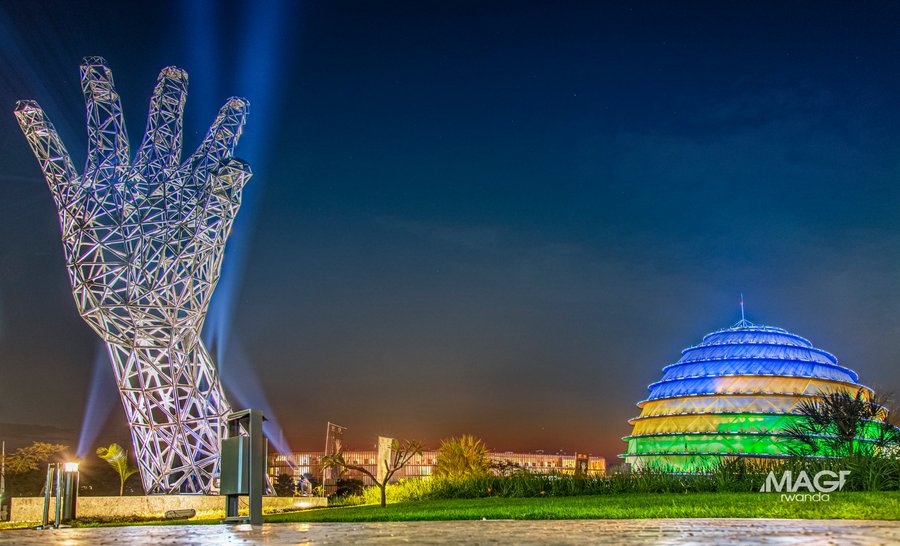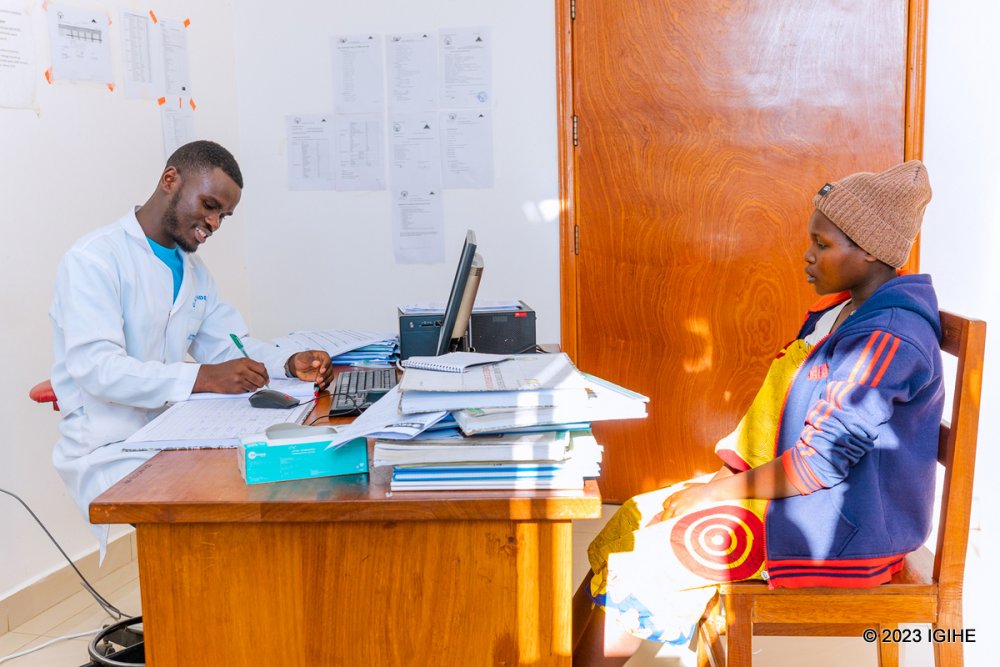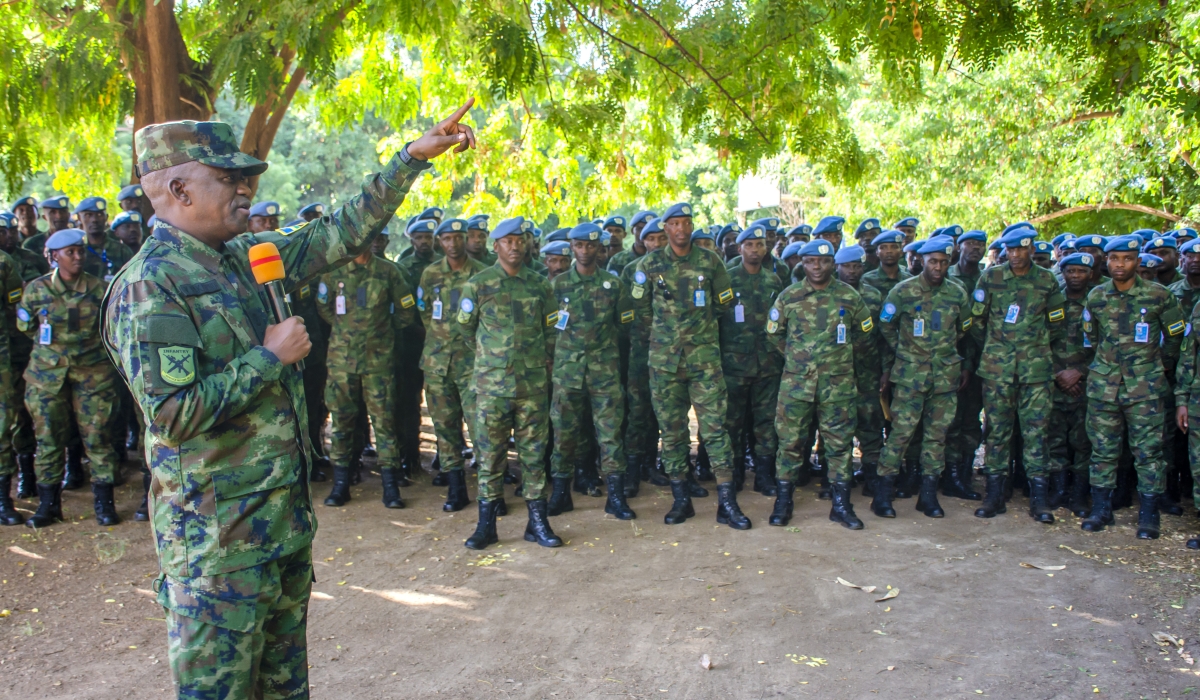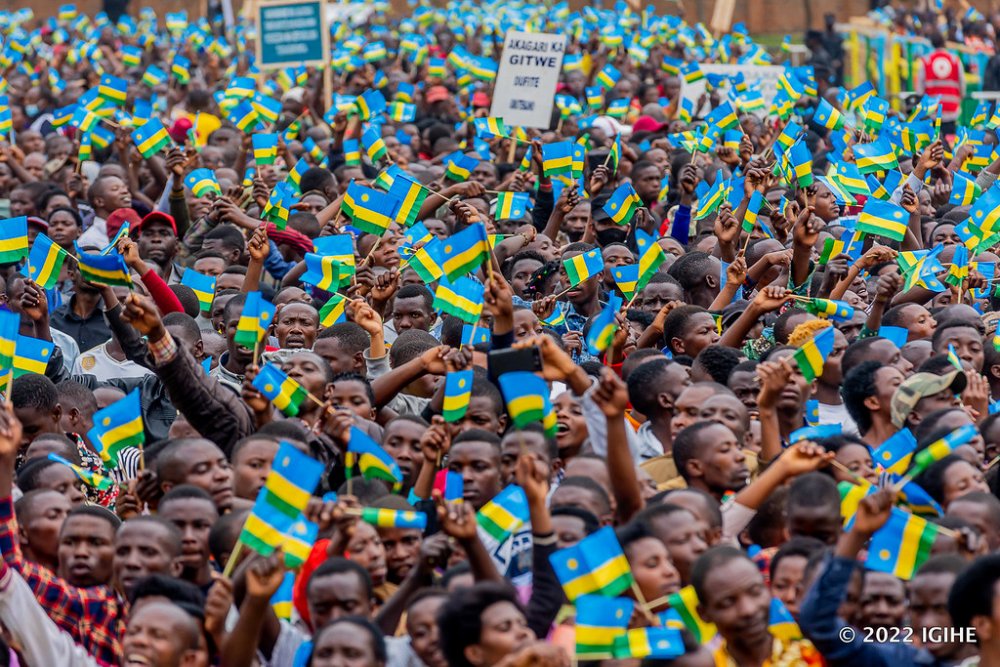Regional
The two faces of Rwanda
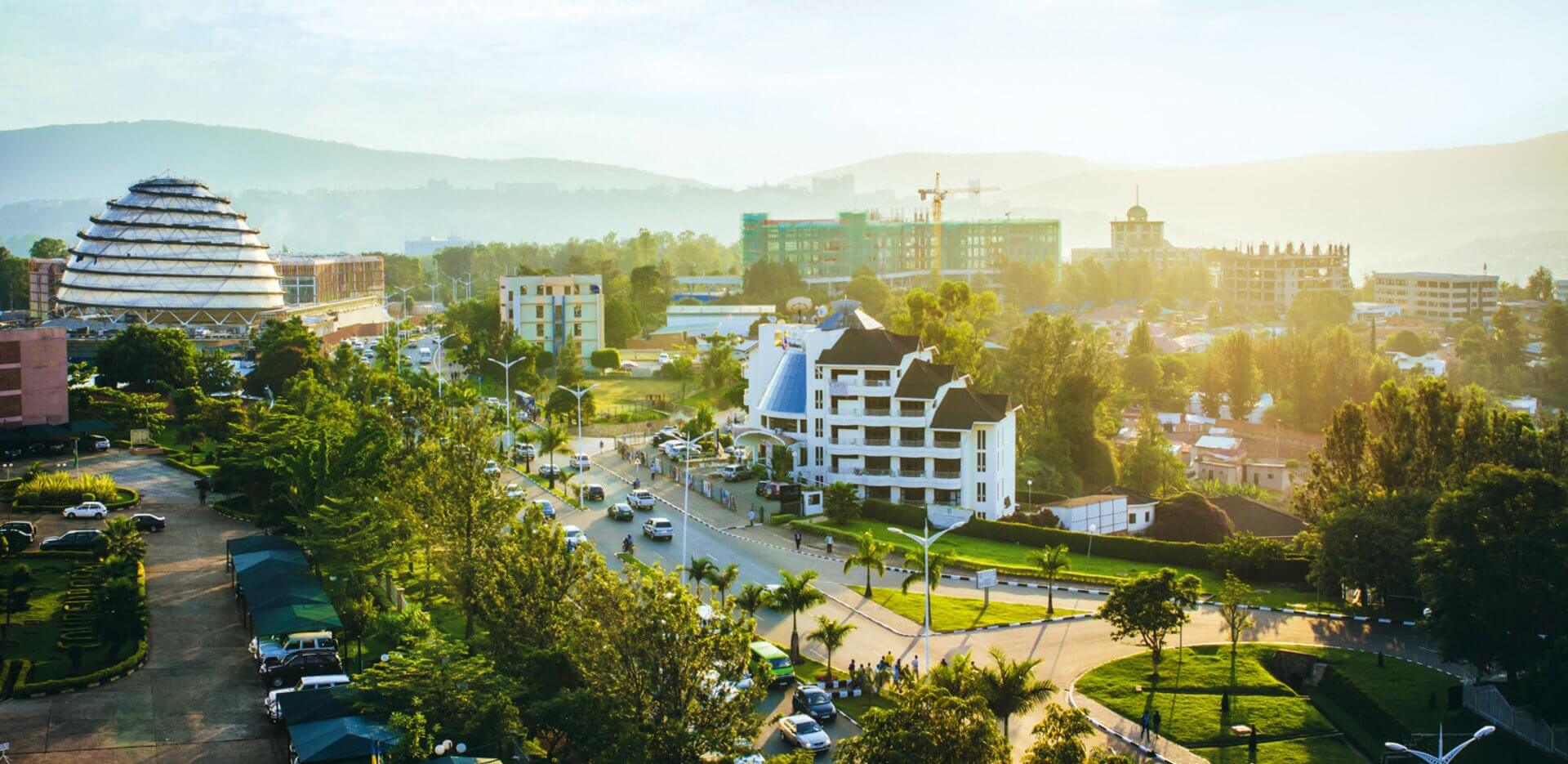
Photo showing Kigali, the capital city of Rwanda.
As Rwanda approaches its fourth general election ever since the 1994 Genocide against the Tutsi, it stands at a crucial juncture—a moment that calls for celebration of its remarkable progress and reflection on its tumultuous history.
This
election, like the previous three, is imbued with excitement and vigor, a proof
to Rwanda's resilient spirit. Yet, amidst the anticipation, it is essential to
remember the nation's dark past and use it as a guiding beacon to make an
informed choice for Rwanda’s future leaders.
For
over three decades, from 1959 to 1994, Rwanda was governed by regimes that
entrenched policies of divisionism and exclusion. These policies systematically
harassed, tortured, excluded, and repressed the Tutsi population. The
culmination of this divisive governance was the 1994 Genocide against the
Tutsi, a horrific episode that claimed over a million lives in 100 days.
The regimes of that era exacerbated the crisis by refusing to allow refugees to return home, insisting that they should be naturalized in the host countries. This approach was symbolized by the infamous metaphor of Rwanda as a "glass full of water," suggesting that the country could not accommodate more citizens. This rhetoric perpetuated a cycle of displacement and despair, leaving many Rwandans stateless and hopeless.
As
Frantz Fanon poignantly stated, “Each generation must discover its mission,
fulfill it or betray it, in relative opacity.” For Rwanda, the mission of the
Rwandan Patriotic Front (RPF) and its military wing, the Rwandan Patriotic Army
(RPA), was clear: to address the multifaceted issues plaguing the nation and to
end the cycle of violence and division.
The
liberation struggle required immense sacrifices. Many Rwandans abandoned their
careers, education, and families to fight for a just cause. They endured
extreme conditions—scorching heat, heavy rains, hunger, and long marches.
Despite these hardships, the struggle was deemed necessary to secure a brighter
future for Rwanda.
In the aftermath of the genocide, Rwanda was a nation in ruins. The streets of Kigali, now glittering with development, were once strewn with dead bodies. The economy had collapsed, and social chaos was rampant. The RPF, under the leadership of President Paul Kagame, embarked on an unprecedented journey of rebuilding and reconciliation.
Upon assuming power, Kagame prioritized the unity of Rwandans, equality, and national security. The RPA worked tirelessly to restore order, combat insurgencies, and address the root causes of instability. During the Congo wars, the RPA played a crucial role in facilitating the return of refugees held hostage by ex-FAR soldiers, ensuring national cohesion.
Recognizing
the role of bad governance in the genocide, the RPF-led government instituted
inclusive leadership involving all citizens through decentralization,
elections, and participatory forums like Umushyikirano. Rwanda's constitution
now guarantees women's rights, reserving 30 per cent of parliamentary seats for
women. Civic education programmes like Ingando and Itorero aim to eradicate
genocide ideology.
Rwanda's
reconstruction has been driven by innovative, local solutions such as the
Girinka program, which combats poverty and malnutrition by distributing cows to
poor families. Since 2006, nearly 500,000 cows have been given to needy
families. Rwanda's participation in UN peacekeeping missions underscores its
commitment to global security.
In
infrastructure, Rwanda has made significant strides. The country boasts nearly
5,000 hotels and apartments, enhancing its tourism and hospitality sectors. The
national broadband network now connects all 30 districts, facilitating
e-services through platforms like Irembo.
Rwanda
currently has 48 diplomatic missions and one general consulate covering 147
countries, regional and international organizations. Additionally, 37 honorary
consuls represent Rwanda's strategic interests in 17 countries. On a regional
and international level, Rwanda is a member of 201 multilateral organizations.
Rwanda's
zero tolerance for corruption and leadership in gender mainstreaming, with
women holding 64 per cent of parliamentary seats, are internationally
recognized. Kigali has become a hub for global conferences, including the
recent Commonwealth Heads of Government Meeting (CHOGM) and FIFA Congress,
among others.
Despite
challenges like the COVID-19 pandemic, global economic shocks and lingering
genocide ideology, Rwanda continues to progress. The country's resilience is a
testament to the sacrifices of its heroes and the visionary leadership of
Kagame, who has driven Rwanda's socio-economic transformation and restored its
dignity on the world stage.
As
Rwanda heads to the polls, the nation must remember its past to make informed
choices for its future. The progress achieved in the past three decades stands
in stark contrast to the divisive and destructive policies that characterized
the preceding three decades.
The upcoming election is not just a democratic exercise but a reaffirmation of Rwanda's commitment to unity, development, and a shared future for all Rwandans.


.jpeg-20221214055432000000.jpeg)
